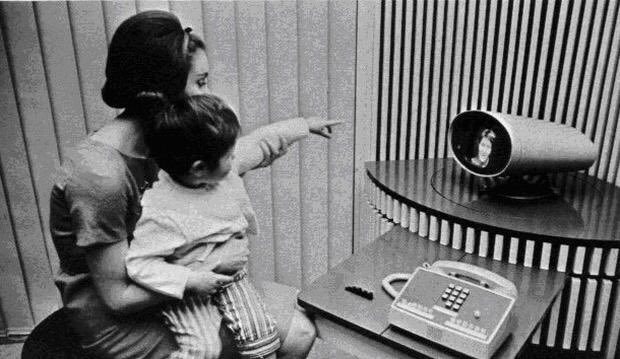SEPTEMBER 7, 2019 – Yesterday evening while I was working on a passage of the Mendelssohn Violin Concerto, an extraneous thought appeared: what would Aristotle think of me playing this piece? Why Aristotle? I have no idea. The mind works in strange ways.
I had to allow the possibility that Aristotle would greatly prefer the music of J.S. Bach over that of Felix Mendelssohn; or be so curious about my new running shoes that after I’d given the music my best efforts, he’d ask, “Where in the world did you get those shoes?”
One thought led to another, and soon I was contemplating “frame of reference” and how the brain works to evaluate things. Every evaluation requires context, comparisons, at least one point of reference. Take for example, Aristotle’s “frame of reference” in evaluating the Mendelssohn or my new running shoes. By what measure would Aristotle evaluate the music? Grating? Beautiful? Compelling? Repelling? Would my shoes be frightening? Bizarre? A technological curiosity preemptive of his reaction to the music?
This matter of “frame of reference” led me to recall a session in sixth grade when the teacher asked what we thought was the “greatest invention of all time.” Someone said, “Planes.” Another kid said, “Cars.” Yet another, “TV.” Soon an argument broke out among my peers: planes vs. cars vs. TVs.
“You couldn’t have airplanes until you had cars,” said one kid.
“Yeah, but airplanes can go faster than cars,” an airplane kid shot back.
“With TV you can see what’s going on somewhere else without a car or an airplane” a TV kid said.
I remember thinking that the survey had turned into an argument mainly because kids could think of only three things—cars, airplanes, and TVs. I saw an opening.
The previous summer I’d been to the New York World’s Fair. Among many memorable experiences there, was the chance to use new technology at the AT&T exhibit. My mother and sister sat in one room equipped with a phone hooked up to a small video monitor and camera, while my uncle and I sat in another room similarly equipped down the hallway. For three minutes we got to communicate between rooms via this newfangled device called, the “Picturephone.”
Back to my sixth-grade classroom . . . as the debaters lost steam and my raised arm lost strength, the teacher finally called on me. “Eric, what do you think is the greatest invention ever?”
I sensed high expectations, since I was about the only kid who hadn’t joined the planes vs. cars vs. TV debate. I also figured my “picture phone” answer wouldn’t disappoint, since it was cutting edge technology that would dazzle everyone.
“The Picturephone,” I said, triumphantly. With that the diminishing debate ceased altogether.
“What’s a Picturephone?” some kid asked. I explained.
“Let me tell you what is the greatest invention of all time,” said the teacher, dismissing my high-tech answer. After a beat we heard, “The wheel.”
Instantly I saw the beautiful simplicity of the teacher’s grand “frame of reference.”
© 2019 Eric Nilsson
